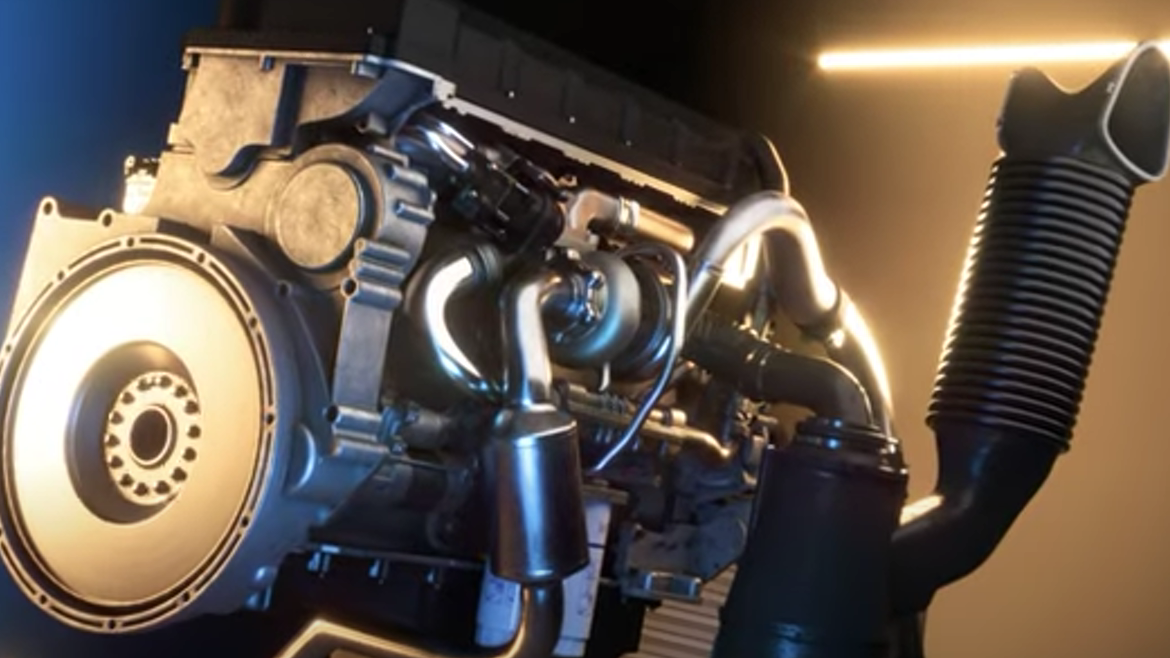Sep 13, 2023
Posted by Greg Matheson, Product Manager, Commercial Engine Lubricants
As progress on Proposed Category 12 (PC-12) continues, one of the most critical parts of development is the determination of the category’s new testing matrix, which establishes the key performance criteria that new lubricants must meet to be certified under the new specification.
Though PC-12 is expected to carry over several tests from CK-4/FA-4—the current performance category for heavy-duty lubricants—it is anticipated that the new category will include several new tests, and there are significant implications for all industry stakeholders. Lubrizol has been closely engaged in the discussions and development of these new tests and continues to advocate for the category to provide real, tangible value for original equipment manufacturers (OEMs), lubricant marketers and end users.
Determining the PC-12 Testing Matrix
Work is currently being done to concretely determine how OEMs' desired performance characteristics in the new category support new hardware, and how to best measure those performance characteristics via testing.
A New Test for Soot Related Viscosity Increases. One of the most notable changes in the new category is the replacement of the Mack T-11 test, which evaluates a lubricant’s ability to withstand soot-related viscosity increases. Because new parts have become scarce for this test, a replacement is required for PC-12.
It is likely that the T-11 test will be replaced by a comparable test procedure on a Cummins ISB engine. Lubrizol spearheaded the effort to develop and identify a suitable replacement for the T-11 and worked collaboratively with other developers to rigorously validate the suitability of the ISB test. Together with the Southwest Research Institute, we initially identified two Cummins engines—the Cummins ISB engine and the Cummins ISM engine—as good potential candidates.
After months of thorough testing, the Cummins ISB engine is likely to be the formal replacement for the T-11 test in evaluating soot-related viscosity increases in the next category. Notably, the Cummins ISB engine will continue to be used for evaluating valvetrain wear and will also be the platform for a new soot related viscosity testing procedures that will render the existing Mack T-12 test redundant. The Mack T-12 has been used to evaluate ring and liner wear and bearing corrosion, but will not be a part of the new category.
Additional New Tests. Also new to PC-12 will likely be the Detroit Diesel (DD) 13 scuffing test, which evaluates a lubricant’s ability to prevent scuffing, also known as adhesive wear. This test was originally developed for CK-4 and FA-4, but was ultimately not fully ready in time for inclusion into PC-11. However, based on how heavy-duty engine development is expected to evolve, the test will be critical for evaluating a lubricant’s comprehensive wear protection for new-model hardware in 2027, when PC-12 is expected to see first license. The DD 13 test is very likely to be included in PC-12.
All industry stakeholders are looking toward an October 2023 deadline to determine which tests will ultimately be included in the category.
Carryover Tests
Several tests within the present matrix for CK-4/FA-4 are expected to carry over into the new category due to their continued relevance. Currently, the industry is looking at new reference oils for these carryover tests that will test oils more in-line with PC-12 lubricants.
Carryover tests will be validated to provide the performance levels needed for new PC-12 oils with new hardware. Those tests will include:
- The piston deposits, oil consumption, and oil aeration tests, all performed on the Caterpillar C-13 engine
- The valvetrain wear cam/tippet test (also performed on the Cummins ISB engine)
- The valvetrain and valve stem/guide wear test (Cummins ISM engine)
- The shear stability test (performed in accordance with ASTM D7109)
What Will Change From PC-11 to PC-12? Download the PDF
Our View
Once final, PC-12’s established testing matrix will allow lubricant marketers to move forward with the development of new formulations suitable for modern engine hardware. Through our involvement in establishing the new testing matrix, Lubrizol is uniquely positioned to help formulators develop next-generation product lines that will enable next-generation hardware to meet its full potential.
Importantly, the development of a new category is a collective effort—and all industry stakeholders can benefit by staying informed and engaging with the development of PC-12 to best drive real value in the marketplace. As we advocate for this value on behalf of all of our customers, don’t hesitate to contact your Lubrizol representative to learn more about PC-12 and how you can best prepare for success.
Interested in learning more?
Contact your Lubrizol representative to learn more about PC-12 and its potential impacts on your business.









